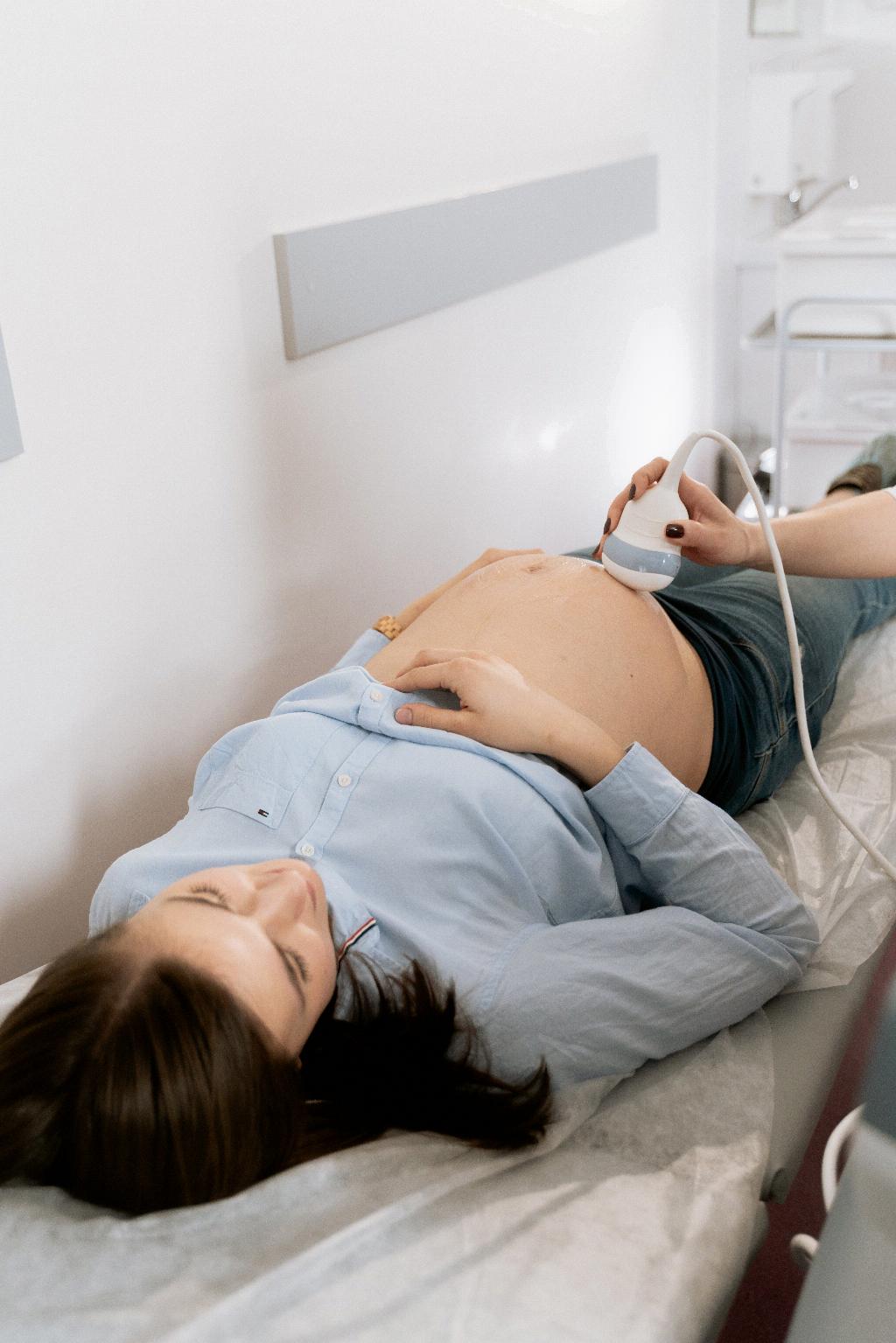Many expectant mothers often wonder about the duration of pregnancy in terms of weeks. The average length of human gestation is approximately 280 days, which translates to 40 weeks. This period is calculated from the first day of the woman’s last menstrual period.
Calculating Pregnancy Weeks
When determining the length of pregnancy, healthcare providers typically use the last menstrual period (LMP) as a reference point. This method helps in estimating the due date, also referred to as the estimated date of confinement (EDC).
Developmental Stages During Pregnancy
Throughout the 40-week gestation period, a woman’s body undergoes various changes to support the growth and development of the fetus. Each week brings new milestones in the baby’s development, from the formation of vital organs to the growth of limbs and features.
Trimesters in Pregnancy
Pregnancy is typically divided into three trimesters, each lasting approximately three months. The first trimester spans from week 1 to week 12, the second trimester from week 13 to week 26, and the third trimester from week 27 until delivery, around week 40.
Significance of Weeks in Pregnancy
Counting by weeks rather than months offers a more precise way to track the progression of pregnancy. It allows healthcare providers to monitor fetal development, identify any potential issues, and ensure both the mother and baby are healthy throughout the entire gestation period.
Importance of Due Date Estimation
Estimating the due date helps expectant parents prepare for the arrival of their baby. It enables healthcare providers to schedule prenatal appointments, conduct necessary tests, and ensure that appropriate care is provided to support a safe and healthy pregnancy.
Factors Affecting Pregnancy Length
While the average length of pregnancy is 40 weeks, it’s essential to note that not all pregnancies follow this exact timeline. Factors such as conception date variability, maternal health conditions, and fetal development may influence the actual duration of gestation.
Monitoring Pregnancy Progression
Regular prenatal check-ups and ultrasounds play a crucial role in tracking the progression of pregnancy weeks. These appointments allow healthcare providers to assess fetal growth, monitor the mother’s health, and address any concerns that may arise during the pregnancy.
Preparing for Childbirth
As the due date approaches, expectant parents should make necessary preparations for childbirth. This includes packing a hospital bag, creating a birth plan, attending prenatal classes, and arranging transportation to the hospital or birthing center.
Emotional Journey of Pregnancy Weeks
For many women, the 40-week gestation period is not just a physical journey but also an emotional one. It’s a time of anticipation, excitement, and sometimes anxiety as they prepare to welcome their new bundle of joy into the world.
Support and Care During Pregnancy
Throughout the entire pregnancy journey, it’s important for expectant mothers to receive adequate support and care. Whether it’s from healthcare providers, partners, family members, or friends, having a strong support system can help alleviate stress and promote a positive pregnancy experience.
Celebrating the Arrival of Baby
As pregnancy weeks progress, the anticipation of meeting the new arrival grows stronger. Each passing week brings expectant parents closer to the joyous moment of welcoming their baby into the world, marking the end of the 40-week gestation period and the beginning of a new chapter in their lives.

